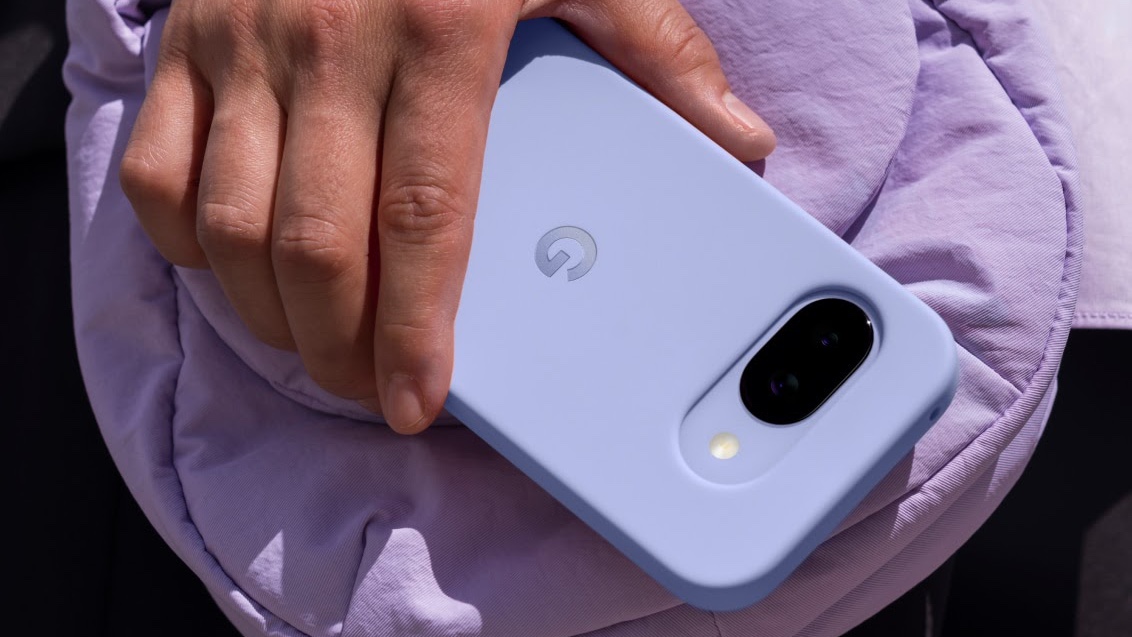Google Remotely Deletes Apps on Android Phones
Google has the ability to remotely remove applications from Android devices and yesterday the company did just that.

In 2008, a hacker discovered that Apple could remotely uninstall apps from iPhones after they'd been paid for and installed. Just last year, Amazon remotely removed copies of 1984 from customers' Kindles. It raised eyebrows when we found out Apple could do it and it caused uproar when Amazon actually did it (without saying anything to paying customers). So how will people feel now that it's Google?
Google today announced that it has remotely removed two Android applications from users' phones. The applications in question were developed by a security researcher for research purposes and Google says they intentionally misrepresented their purpose in order to encourage user downloads. The apps were never designed to be used maliciously, and did not have permission to access private data — or system resources beyond permission.INTERNET. In fact, Google said the apps were pretty useless, and most people uninstalled it soon after the downloaded it, anyway.
The developer responsible for the applications is said to have voluntarily removed the apps from the Android Market Place, but Google made the decision to remotely remove the applications from users' phones "to complete the clean up."
Android Security Lead, Rich Cannings, said the remote application removal tool is a security measure to protect against malicious applications and while they, "hope to not have to use it," they know they can take swift action on behalf of their users' safety if they need to.
"This remote removal functionality — along with Android’s unique Application Sandbox and Permissions model, Over-The-Air update system, centralized Market, developer registrations, user-submitted ratings, and application flagging — provides a powerful security advantage to help protect Android users in our open environment," Cannings finished.
Check out his full post on the Android Developers Blog.
Sign up to get the BEST of Tom's Guide direct to your inbox.
Get instant access to breaking news, the hottest reviews, great deals and helpful tips.
Jane McEntegart works in marketing communications at Intel and was previously Manager of Content Marketing at ASUS North America. Before that, she worked for more than seven years at Tom's Guide and Tom's Hardware, holding such roles as Contributing Editor and Senior News Editor and writing about everything from smartphones to tablets and games consoles.
-
thrust2night "In fact, Google said the apps were pretty useless, and most people uninstalled it soon after the downloaded it, anyway."Reply
It's not about apps being useless it's about not removing anything from a user's phone without consent. Key word here being consent which any company should learn to ask. -
borisof007 If google released test applications for security purposes, and the applications served zero purpose anyway, then who cares of Google removed them from its users' phones? If anything it's freeing up space for them.Reply
I get the whole "user privacy" thing, but if Google never had access to anyone's data, application, or usage stats just from this application, then no breach of privacy occurred. -
borisof007 What I'm trying to say I guess is do you have to make your garbage man ask you first before he takes your garbage can? These were useless test dud applications that served zero purpose to the consumer, so they were garbage just taking up space.Reply
On a separate note, most people don't realize that you probably have thrown away more personal information into the trash can than you've ever stored on your phone. -
malekith2k5 borisof007What I'm trying to say I guess is do you have to make your garbage man ask you first before he takes your garbage can? No but if the garbage man came into my house without permission and took my garbage I'd be pretty pissed. This is what Google is doing and it is wrong regardless of the app.Reply
-
NapoleonDK I think the difference here, is Amazon removed an ebook that somebody purchased, while Google removed a total spam-app that was useless and cost the consumer nothing.Reply
Yes, I am rather skeptical of some of Google's practices. I don't like how they want to store all my info and use it to provide targeted advertising. But, I can appreciate how Google might want to protect their users from a developer attempting to misuse the app store for who knows what.
I do think that the consumer needs to be much more picky about which apps they install. The people who get their information stolen are the same people responsible for making their information available in the first place. -
hellwig Yeah, just like with Amazon, this sets a bad precedent. Send the user an alert that their app has been "recalled", and present them with an option to remove it immediately. Also, in the marketplace or app listing, mark the app as recalled (in case the user dismisses the first warning). However, nothing should be removed without user consent unless it is so malscious as to be causing actual harm to the customer.Reply
"That poker game you downloaded has been sending virus emails to everyone in your contacts list, so we disabled it"
not Apple-style: "We didn't see a point to it personally, so we made the choice for you and removed it." -
NapoleonDK I fail... I just re-read the article. Shame on me for skimming it!Reply
malekith2k5No but if the garbage man came into my house without permission and took my garbage I'd be pretty pissed.+1
I am against remote-uninstallation of any kind. If I downloaded the app, it's because I WANTED IT. If it's not what I expected, I WILL DELETE IT ON MY OWN. KTHXBAI.
